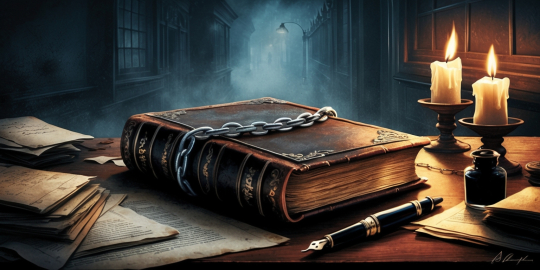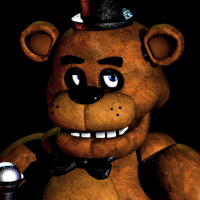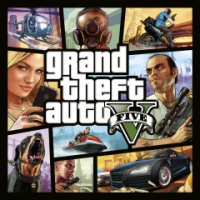
The gaming industry often witnesses intriguing projects that, despite their potential, remain sidelined. Among these is The Order: 1886, a title that garnered attention but ultimately did not advance to the sequel that was hoped for by its developers. This narrative reflects the challenges creators face when critical reception does not align with fan enthusiasm.
Ready at Dawn presented the idea for a sequel to The Order: 1886, yet it faced rejection from Sony Interactive Entertainment. Many games on PlayStation are considered crowd-pleasers but have not progressed beyond their initial installments. Days Gone stands out as a notable example, but The Order: 1886 is also a key contender.
The game launched to mixed reactions, earning decent fan feedback while receiving lukewarm critiques. The current Metacritic scores reflect this, with critics rating the game 63 and fan scores at 6.8. These ratings are generally deemed low for a Sony Interactive project, and Ready at Dawn's co-founder Andrea Pessino believes this was a significant factor in the denial of their sequel proposal.
Indeed, it’s true that a sequel for The Order: 1886 was pitched, but Sony decided against it. Although specific reasons for this rejection were not disclosed, Pessino shared insights during an interview, noting that the critical evaluation played a crucial role. He opined that had the game received a more favorable reception in the 70s range, the sequel would have likely been approved.
Reflecting on the follow-up, Pessino expressed that Ready at Dawn felt a responsibility to develop it for the gaming community and to elevate the franchise. He also pointed out that the project's feasibility was uncertain since they had no firm negotiations in place. The anticipated sequel would have operated under a constrained budget and adhered to the expectations set by SIE.
Despite these challenges, Pessino indicated that the initial concept for the sequel was strong. He believed that there was a wealth of potential to expand upon, indicating that the groundwork laid down was robust enough to support an exciting continuation of the story.
- Would fans have embraced a sequel for The Order: 1886?
- What potential stories would the sequel have explored?








